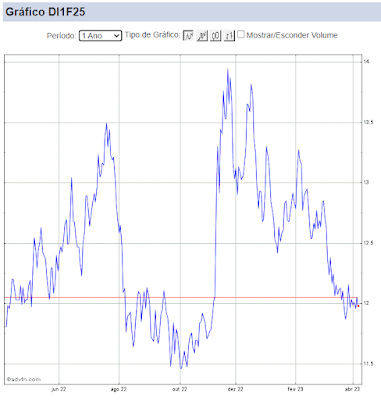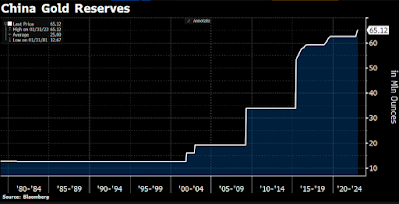Em entram na briga pela estabilização dos mercados.
Hoje pela manhã comentei que os
ativos de risco estão dando continuidade ao movimento de recuperação verificado
na tarde de ontem. A despeito da ausência de mudança substancial de cenário, a
dinâmica do mercado já se mostra mais saudável. A partir de agora, é necessário
observarmos uma queda de volatilidade para podermos ter certeza de que o pior
deste período já tenha ficado definitivamente para atrás. Eu continuo vendo um
cenário saudável para os EUA e a Europa e, consequentemente, para os ativos
ligados a estas duas regiões. Contudo, ainda acredito na necessidade
de medidas estruturais mais incisivas para trazer uma estabilidade mais
permanente na China e nos países emergentes em geral.
A Indonésia parece ter sido o primeiro país a tentar combater o
atual período de turbulência com medidas ortodoxas e mais estruturais com o
intuito de estimular sua economia. A Indonésia anunciou um pacote mais estrutural de reformas,
visando atrais investimentos estrangeiros. Me parece um caminho saudável para estimular a economia no
longo-prazo. O caminho para sair do atual cenário de incerteza global me parece
ser movimentos nesta direção. Minha
preocupação, contudo, é que não haja espaço para medidas mais agressivas em
alguns países, devido a um cenário econômico e político desafiador. O Brasil,
por exemplo, passa por um momento inverso a 2008. Sem espaço fiscal e monetário
para atuar, medidas contra cíclicas seriam vistas como negativas no atual
ambiente local.
Indonesia to Give 5-15 Years Tax Holiday to ‘Pioneer’ Industries
(Bloomberg) -- Govt to give tax holiday facility to new entities
investing at least 1t rupiah in industries classified as pioneer, Finance
Minister Bambang Brodjonegoro tells reporters in Jakarta.
* Tax holiday can mean 10%-100% reduction in tax rate for 5 to 15
yrs: Brodjonegoro
* Pioneer industries include upstream metals, oil & gas
refineries, basic chemicals, machinery, maritime transport and agriculture,
fishery and forestry product processing
* Processing industries operating in special economic zones and
public-private partnerships in infrastructure also eligible
* Telco industries can apply for tax holiday with minimum
investment of 500b rupiah
O IDR foi o destaque positivo de apreciação na Ásia.
Além da Indonésia, o PBoC parece estar adotando uma postura mais
agressiva na condução de sua política monetária na China, promovendo operações de liquidez quase
que diárias e buscando guiar as taxas de juros de mercado para baixo. De
acordo com Dong Tao, do CS:
The PBoC conducted an Rmb140 bn short-term liquidity operation (SLO) to
inject liquidity on 26 August, according to a statement released on the central
bank's website. The maturity of this operation was six days, and the interest
rate was set at 2.30%. The SLO was introduced in late 2013 by the PBoC as an
innovative instrument to help achieve stable liquidity conditions. Given that
the standard weekly open market operations take place every Tuesday and
Thursday, the SLO can be used outside the weekly open market operation windows
to smooth out short-term liquidity conditions.
Subsequently, the PBoC conducted an amount of RMB 150bn reverse repo
operations during the standard weekly operation window on 27 August. The
interest rate has been guided down to 2.35%, from 2.50% previously. Given there
is an outstanding position in the amount of RMB 120bn which matured during the
day, the net injection stood at RMB 30bn.
The PBoC announced on 25 August that it was lowering both interest rates
and RRRs together. The PBoC also injected a net Rmb60 bn of liquidity during the
standard open market operation window during the week. Adding the SLO, the
total open market injection reached RMB 200bn. The short-term liquidity
barometer, the seven-day interbank repo rate, stayed largely stable.
In our view, making use of the additional liquidity instrument right
after the interest rate and RRR cuts is another small step by the PBoC towards
its goal of restoring market confidence. Given that we are at the month-end and
there is a public holiday scheduled on 3 September, using the SLO and reverse
repo should also help smooth out the month-end effect and working day effect to
maintain stable overall liquidity conditions. With the base money generation
mechanism having shifted away from foreign exchange inflows, we believe the
PBoC will make active use of open market instruments to help achieve its
domestic money growth goals in China.


Comentários
Postar um comentário